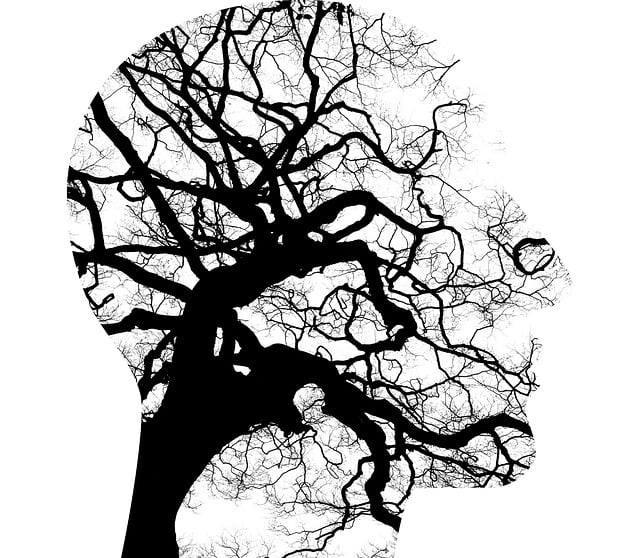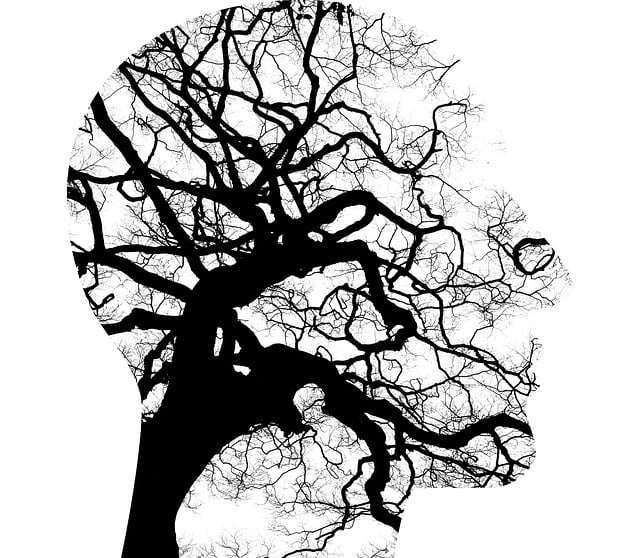In Lafayette, a robust support network addresses the emotional challenges of cancer patients through various therapy services. Key initiatives include Lafayette Cancer Issues Therapy, mindfulness meditation, self-awareness exercises, and resilience building. These integrated approaches enhance mental health and well-being for survivors and their families, focusing on tailored care, emotional regulation, and coping strategies. Local organizations prioritize trauma support, recognizing the multifaceted nature of healing, with innovative programs that integrate mindfulness into mainstream cancer support.
Trauma support services play a vital role in helping individuals cope with the challenges of Lafayette’s unique cancer landscape. This article delves into the critical need for trauma-informed care within the community, focusing on Lafayette Cancer Issues and the impact of therapy availability. We explore key components essential for effective trauma support, guiding readers through navigating and enhancing therapy options in Lafayette to ensure accessible and impactful care for those facing cancer and its associated traumas.
- Understanding Lafayette Cancer Issues and Trauma Support
- Key Components of Effective Trauma Support Services
- Accessing and Enhancing Therapy Availability in Lafayette
Understanding Lafayette Cancer Issues and Trauma Support

In Lafayette, cancer support groups and therapy services play a vital role in addressing the unique challenges faced by individuals diagnosed with cancer. The city’s diverse community embraces various initiatives aimed at enhancing mental health and well-being during this difficult journey. Many local organizations offer Lafayette cancer issues therapy, providing a safe space for patients to share their experiences, fears, and hopes. These support services are particularly crucial in mitigating the emotional toll often associated with cancer treatment, fostering resilience among affected individuals.
For mental health professionals navigating risk management planning, integrating communication strategies is essential. The Mental Wellness Podcast Series Production, for instance, offers a creative outlet for sharing effective trauma support techniques. By leveraging these resources, professionals can enhance their practice while contributing to the growing body of knowledge on cancer-related trauma and mental wellness.
Key Components of Effective Trauma Support Services

Effective trauma support services are multifaceted, aiming to provide comprehensive care for individuals navigating complex emotional landscapes. One key component is Lafayette Cancer Issues Therapy, offering specialized treatments tailored to address the unique challenges faced by cancer survivors and those affected by related issues. This includes individual counseling sessions where therapists create safe spaces for clients to express their feelings and work through difficult emotions.
Additionally, incorporating practices like Mindfulness Meditation and Self-Awareness Exercises can significantly enhance the healing process. These techniques promote calmness, foster better emotional regulation, and encourage individuals to develop a deeper understanding of their thoughts and triggers. Further, Resilience Building is an integral part of trauma support, equipping clients with coping strategies to face challenges head-on and cultivate a sense of empowerment.
Accessing and Enhancing Therapy Availability in Lafayette

In Lafayette, addressing cancer issues has prompted a concerted effort to enhance therapy availability and support systems. The city has witnessed a growing need for comprehensive mental health services, especially among individuals navigating the challenges of cancer diagnosis and treatment. Local initiatives focus on expanding access to various therapeutic approaches, recognizing the multifaceted aspects of patient care.
One innovative strategy involves integrating mindfulness meditation programs into mainstream cancer support. These practices cater to both patients and their families, promoting mental wellness alongside physical recovery. Additionally, risk management planning for mental health professionals is being prioritized to ensure a robust support network. Meanwhile, the development of mental wellness coaching programs further enriches Lafayette’s therapeutic landscape, offering tailored guidance and empowering individuals to take control of their mental health journey.
Effective trauma support services are essential for addressing the unique challenges faced by individuals affected by Lafayette cancer issues. By implementing key components such as accessible therapy options, community education, and specialized care, we can enhance the availability of critical support in this region. Encouraging open dialogue and removing barriers to therapy ensures that folks in need can access the life-changing benefits of cancer support groups and individual therapy. Through collaborative efforts, Lafayette can create a more compassionate and resilient environment for those navigating cancer’s impact.














